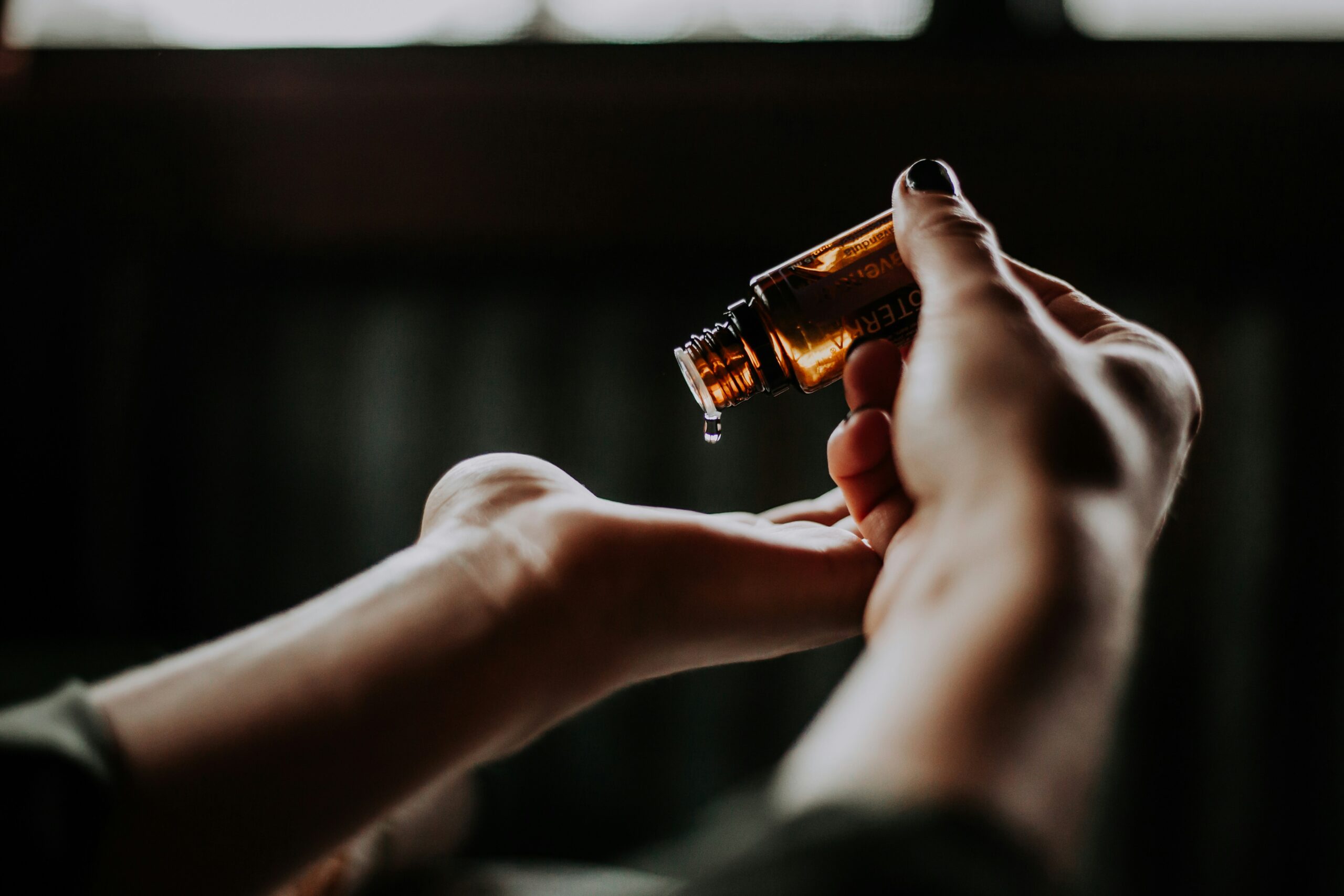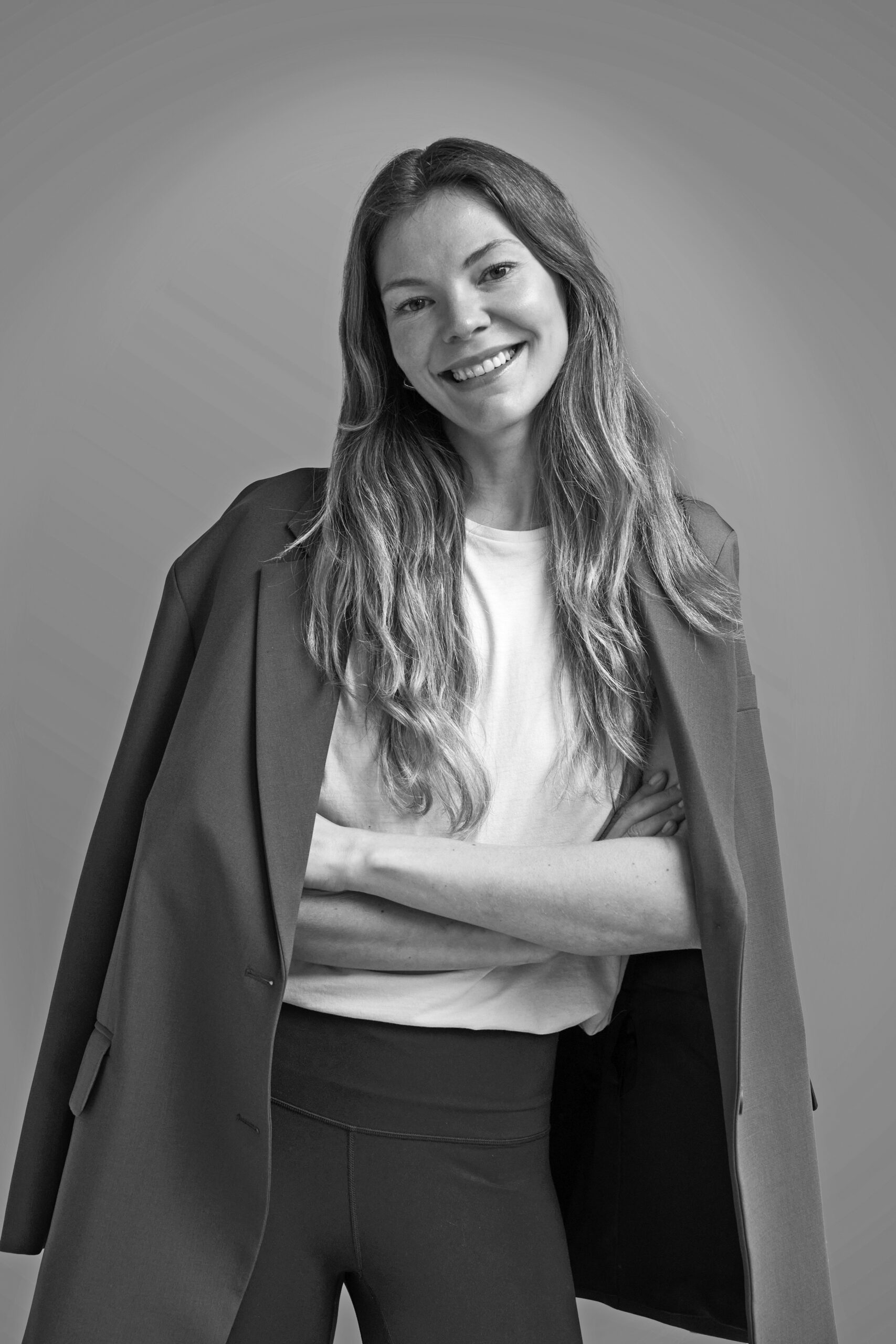 The practice of massage has evolved over the years and new techniques are always being developed – now, you can get anything from a wooden hammer massage to an intra‑oral massage, inside your mouth (I’m a big fan of the latter by the way). For me, self‑massage is so much more than a physical release – it’s a perfect way to tap into a calmer, happier way of being. Self‑massage is one of the most incredible acts of self‑kindness and love.
The practice of massage has evolved over the years and new techniques are always being developed – now, you can get anything from a wooden hammer massage to an intra‑oral massage, inside your mouth (I’m a big fan of the latter by the way). For me, self‑massage is so much more than a physical release – it’s a perfect way to tap into a calmer, happier way of being. Self‑massage is one of the most incredible acts of self‑kindness and love.
I adore this quote by Michelangelo: ‘To touch is to give life’ – I couldn’t agree more. Touch is our primary language of compassion, trust and safety. There have been hundreds of studies that prove the incredible emotional and physical benefits of touch – it can reduce pain,enhance immune function, alleviate anxiety and stress, improve sleep and reduce fatigue. So even when we can’t receive it from others, it’s essential to give it to ourselves.
My face massage Dos…
- Cleanse your face and hands before you begin to create a clean slate, free from harmful bacteria that can cause inflammation in the skin. Use gentle cleansers on the face to avoid dryness.
- Wash your face after the massage. This isn’t a must but is the safest option to avoid congestion and breakouts. Skin and its reaction to different products is very individual. However, it’s important to remember that massage stimulates the tissues and softens the skin, so my advice is always either to massage with a cleansing balm or oil that then gets washed off, or with an oil that you can cleanse off and then continue with your normal skincare routine.
- Practise anywhere, any time. I’m a great believer in routine, but it can definitely be easier said than done. So, whether you can commit to one minute or 10, dedicate that time to you. I sometimes find myself on a London tube or bus, massaging my forehead or sitting with my eyes closed – but beneath my eyelids, I’m practising eye yoga, so use whatever free time you have and you’ll soon see the benefits.
- Breathe. Your breath is the only system in the body you have direct control over – and it’s powerful. Holding your breath can create unnecessary tension in the body and the aim of the self‑massage routines is to tap into a calmer nervous system and reduce stress. So, while you practise your routines, try to stay aware of a calm, consistent, mindful breath, inhaling through the nose and exhaling through the mouth, unless otherwise specified.
- Set the scene. If you have some time and space, especially for a nighttime routine, create an atmosphere that entices you to practise – use candles, incense, dimmed lights, your favourite music, blankets or whatever creates a peaceful, soothing atmosphere for you. And if you’re looking to raise your vibrations, then maybe it’s a case of ‘Dancing Queen’ or your favourite up–beat song playing through your speaker while you go through your morning routine.
- Use a mirror. If you’re new to facial massage, a mirror will be your best ally. Go slow, take your time and observe your reflection in the mirror. While practising, ask yourself these questions: Are my shoulders lifted and tense? Am I unintentionally wrinkling my forehead while working on my jawline? Are my hands moving evenly and symmetrically on both sides? Watch, adjust and continue.
- Take pictures. Tracking your progress and seeing the results can really make a difference to your motivation and validate your dedication to the practice.
- Follow the massage lines. I’ve created an image on the next page (below) that you can always refer back to.

The massage lines to follow when performing exercises.
My face massage Don’ts…
- Don’t massage over active acne. If you have whiteheads, sore bumps or inflammation on the skin, then it’s best to avoid massaging over and close to that area. Knocking a spot can cause bleeding that might allow the spread of bacteria, which will slow down healing and can cause scarring. You can, however, practise a gentle lymphatic drainage massage to promote blood flow and toxin elimination). If your skin is healing, focus on your neck and chest.
- Don’t forget to wash your hands and face before the massage. Spreading bacteria on your face can cause breakouts and acne.
- Don’t apply hard pressure. You should never feel pain when practising facial massage. Some areas of tension might feel uncomfortable at first, but go slowly and check in with yourself for what feels right for you.
- Don't skip a warm-up sequence – you can find one in my book, Face Massage for Everyone
- Don’t use unsuitable creams or serums for massage. The role of a massage agent is to lubricate and to ensure that your fingers and hands glide over the skin. If you’re using a water-based product that quickly absorbs into the skin, the chances are you’ll end up dragging and creasing the tissues or reapplying too many times and overfeeding the skin with the ingredients in the chosen product. I’d recommend finding an oil–based product that will give you more glide.
- Don’t massage while using prescription retinols or taking oral acne medication, such as Roaccutane (isotretinoin capsules). Some medications or topical prescription creams cause sensitivity and thinning of the skin, so be sure to consult your doctor before practising massage.
This is an extract from the book
Face Massage for Everyone by Ksenija Selivanova, published by Hay House Pubblinshing.
If you enjoyed this article why not check out:
Manifestation Troubleshooter: Expert Solutions to Your Biggest Blocks The practice of massage has evolved over the years and new techniques are always being developed – now, you can get anything from a wooden hammer massage to an intra‑oral massage, inside your mouth (I’m a big fan of the latter by the way). For me, self‑massage is so much more than a physical release – it’s a perfect way to tap into a calmer, happier way of being. Self‑massage is one of the most incredible acts of self‑kindness and love.
The practice of massage has evolved over the years and new techniques are always being developed – now, you can get anything from a wooden hammer massage to an intra‑oral massage, inside your mouth (I’m a big fan of the latter by the way). For me, self‑massage is so much more than a physical release – it’s a perfect way to tap into a calmer, happier way of being. Self‑massage is one of the most incredible acts of self‑kindness and love.



